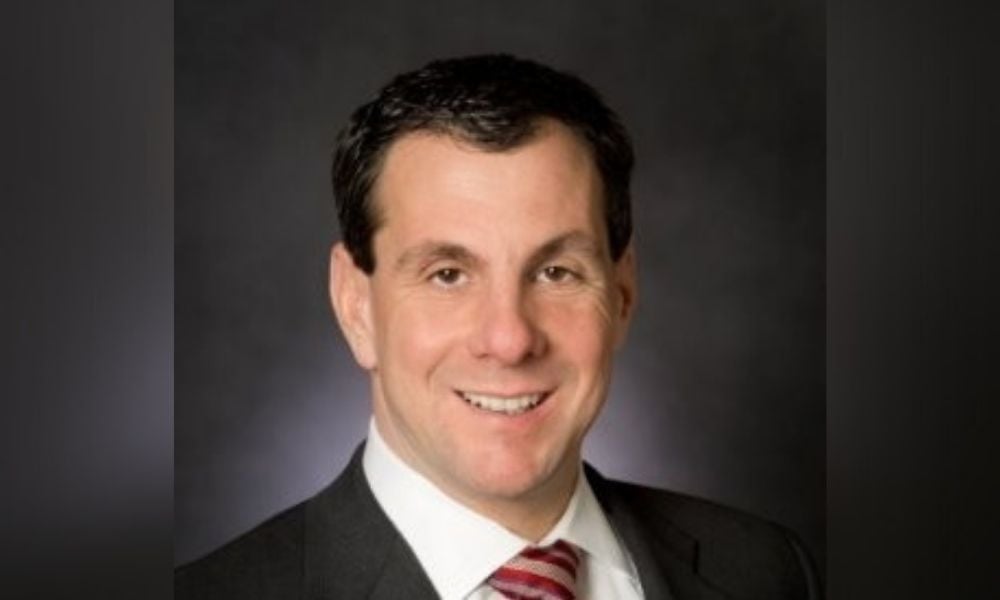
HR leaders should check in with employees in this age group because chances are they need help

If you’ve been following coverage of the Great Resignation, you won’t be surprised to learn that job satisfaction has hit a 20-year low across the workforce in the United States.
But you may be surprised to learn that it’s lowest among “zillennials,” a micro-generation born between 1993-1998 that has increased in size by more than five million workers over the last five years. More than half (53%) of employees in their mid-20s say having an unfulfilling job is currently a top source of stress, according to MetLife’s 20th annual U.S. Employee Benefit Trends Study (EBTS).
Zillennials feel more strongly than other employees that their employer is doing only the “minimum possible” to help them adapt to their new working environments, such as fully remote or hybrid. As a result, the report finds zillennials are now more discerning than other generations in evaluating their employers, considering all aspects of the employee experience beyond traditional benefits. Furthermore, one in four zillennials say they have considered leaving their employer for an improved benefits package over the past year.
Read more: Eight trending employee benefits and perks in 2022
Traditional benefits, such as legal plans, life insurance and hospital indemnity insurance, remain of high importance to zillennials. However, this group is also increasingly expressing interest in new benefits and perks, such as student debt assistance, with 50% calling it a “must-have.” When asked which would most improve their well-being, zillennials cited paid and unpaid leave benefits (74%); work-life management programs (67%); mental wellness benefits, including employee assistance programs (EAP) and reimbursement for therapy sessions (62%); and programs to support their financial needs (55%) as top priorities.
“When it comes to improving job satisfaction, loyalty and retention, employers need to think of benefits as the foundation of the whole employee experience,” said Todd Katz, executive vice president of group benefits at MetLife. “Benefits are critical, but they don’t exist in a silo. Employers should be offering comprehensive packages that both complement and reinforce the other critical elements of the employee experience. If they don’t, they risk losing this vital sector of the workforce to an employer who will.”
Zillennials are also more interested in companies that provide a clear sense of purpose – with less than half (46%) willing to stay with a company that doesn’t have one. This group also expects an employer to have a clear stance on environmental and ethical issues (45%), as well as diversity, equity and inclusion (DEI) resource groups (40%). According to the report, recognizing the importance of employees' lives outside of work and maintaining policies that place boundaries on employees' working hours both rose in importance by double-digit percentages in the last two years (by 13% and 11%, respectively).
“It’s clear we’ve reached a critical inflection point in the workplace, and employers across industries should not only be taking note, but also see this as an important opportunity for reflection and growth,” Katz said. “As employees rethink not only how, but also why they work, zillennials are quickly setting a new standard for evaluating the employee experience. By using this generation’s expectations as a barometer for success, employers can evolve to meet their needs in stride – which is important, particularly as zillennials gain a stronger foothold in the workforce.”